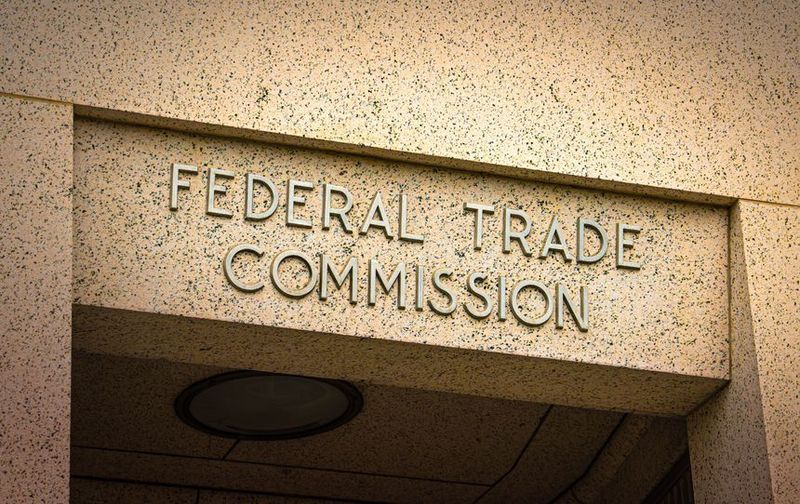
Perspectives
Federal Judge Stymies FTC Efforts to Outlaw Non-Compete Agreements
On August 20, 2024, Judge Ada Brown of the US District Court for the Northern District of Texas set aside the Federal Trade Commission’s (FTC) rule that effectively prohibited the use of non-compete agreements. Interpreting the Administrative Procedure Act, which provides for judicial review of the actions of federal agencies like the FTC, the court found that the FTC’s non-compete ban was unlawful.
First, the court found that the non-compete ban was a result of the FTC overreaching its congressionally delegated authority. In short, the court believed that the FTC does not have the authority to issue substantive rules regulating unfair competition, such as its ban on non-compete agreements. Second, the court found that the non-compete ban was arbitrary and capricious. To the court, the ban was overly broad, and the FTC did not provide sufficient explanation to justify the ban’s expansive effects. The court also reasoned that the FTC had failed to consider less drastic alternatives.
Ultimately, the court concluded that the FTC’s non-compete rule was unlawful and set it aside. The court rejected the FTC’s argument that the court’s holding should apply only to the parties of the lawsuit, and instead held that the FTC is prohibited from enforcing its rule nationwide.
In the past year, momentum seemed to be building for the FTC to effectively end the use of non-compete agreements. This decision stopped any such momentum in its tracks. For now, at least, non-compete agreements continue to be governed by laws of the states without any overriding federal rules. Employers should, however, continue to monitor the FTC’s efforts to regulate in this space and ensure that their non-compete agreements comply with existing state and local laws.
Key Takeaways
- A federal judge in Texas set aside the Federal Trade Commission’s rule that would have effectively banned non-compete agreements.
- This ruling applies nationwide. Therefore, employers using non-compete agreements can rest easy — for now at least — knowing that their non-compete agreements are not categorically banned by the FTC rule.
- Employers should still vet their non-compete agreements to ensure compliance with state and local laws.
In a ruling Tuesday, a federal judge in Texas upheld a challenge to the FTC's rule banning noncompetes, saying the government agency lacks the authority to put the ban in place.

Attachments
- Attachment attachment1
-
- name
- Connor H. Fields
- title
- Associate
- phones
- D: 504.582.8606
- Emailcfields@joneswalker.com
-
- name
- Joseph F. Lavigne
- title
- Partner
- phones
- D: 504.582.8610
- Emailjlavigne@joneswalker.com


